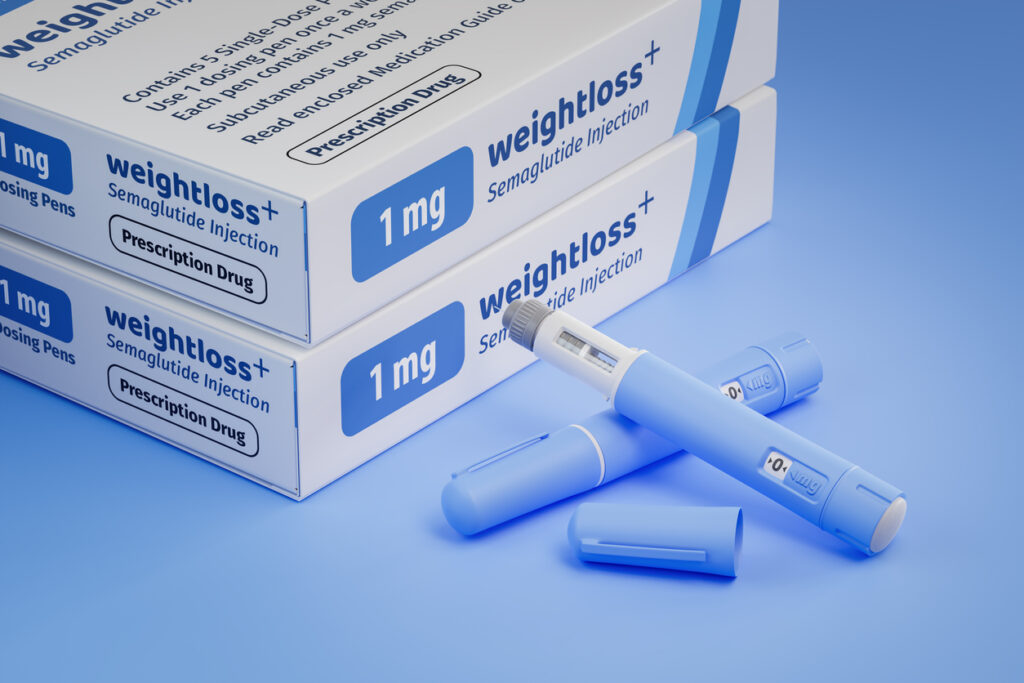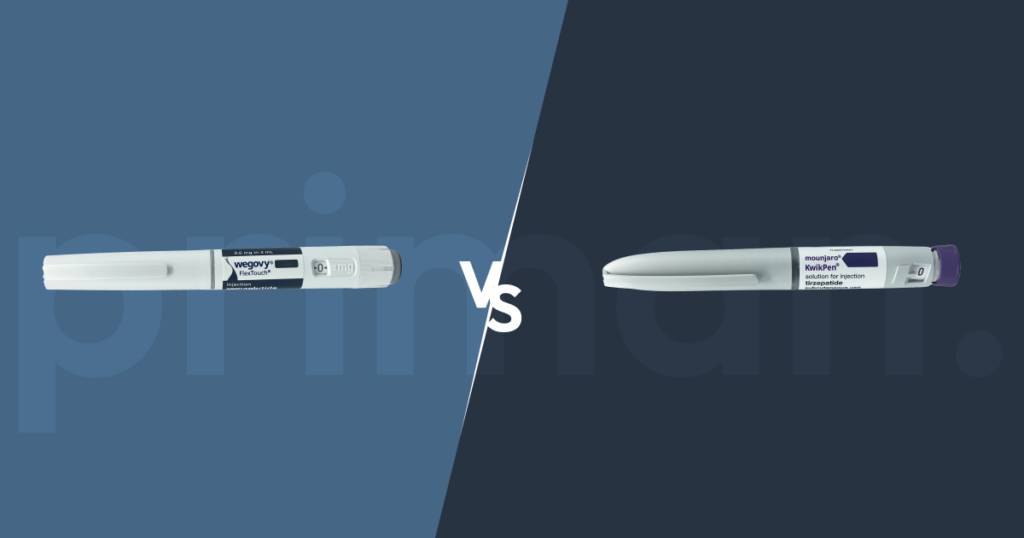For many individuals with diabetes, weight management is a common concern. While diabetes medications, including insulin injections, are primarily designed to regulate blood sugar levels, they can also indirectly influence weight.
How Insulin Injections Can Aid in Weight Loss?
- Improved Insulin Sensitivity:
- Cellular Response: Insulin helps cells absorb glucose from the bloodstream. When insulin resistance occurs, cells become less responsive to insulin, leading to higher blood sugar levels.
- Regulating Insulin: Regular insulin injections can help improve insulin sensitivity, making cells more responsive to insulin. This can lead to better blood sugar control and potential weight loss.
- Reduced Hunger and Cravings:
- Appetite Regulation: Insulin plays a role in regulating appetite hormones. When insulin levels are balanced, it can help reduce hunger and cravings, making it easier to stick to a healthy diet.
- Increased Energy Expenditure:
- Metabolic Boost: Improved insulin sensitivity can enhance metabolic rate, leading to increased energy expenditure, even at rest.
Tips for Weight Loss with Diabetes Injections
While diabetes injections can be a help in weight management, it’s important to combine them with other healthy lifestyle strategies:
- Balanced Diet:
- Prioritise Whole Foods: Focus on a diet rich in fruits, vegetables, lean proteins, and whole grains.
- Portion Control: Be mindful of portion sizes to avoid overeating.
- Limit Processed Foods and Sugary Drinks: These can contribute to weight gain and blood sugar spikes.
- Regular Physical Activity:
- Aim for 30 Minutes: Strive for at least 30 minutes of moderate-intensity exercise most days of the week.
- Incorporate Variety: Mix up your routine with activities like walking, swimming, cycling, or dancing.
- Monitor Blood Sugar Levels:
- Regular Checks: Monitor your blood sugar levels regularly to ensure they are within a healthy range.
- Adjust Medications as Needed: Consult with your healthcare professional to adjust your insulin dosage or other medications as needed.
- Prioritise Sleep:
- Quality Rest: Aim for 7-8 hours of quality sleep each night.
- Improved Hormone Regulation: Adequate sleep can help regulate hormones that influence appetite and metabolism.
- Manage Stress:
- Stress Reduction Techniques: Practice relaxation techniques like yoga, meditation, or deep breathing to reduce stress.
- Hormonal Balance: Stress can disrupt hormone balance, leading to weight gain and other health issues.
Consult Your Healthcare Professional
Before making any significant changes to your diet, exercise routine, or medication regimen, it’s essential to consult with your healthcare professional. They can provide personalised advice and monitor your progress.
By combining regular diabetes injections with a healthy lifestyle, you can effectively manage your weight and improve your overall health.
References
Calorie counting (no date) nhs.uk. Available at: https://www.nhs.uk/better-health/lose-weight/calorie-counting/
Cena, H. and Calder, P. C. (2020) “Defining a healthy diet: Evidence for the role of contemporary dietary patterns in health and disease,” Nutrients, 12(2), p. 334. doi: 10.3390/nu12020334.
The Diabetes Prevention Program (DPP) Research Group (2002) “The Diabetes Prevention Program (DPP),” Diabetes care, 25(12), pp. 2165–2171. doi: 10.2337/diacare.25.12.2165.









